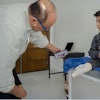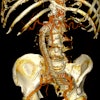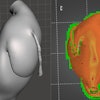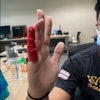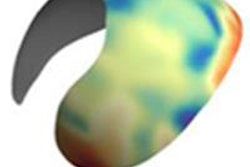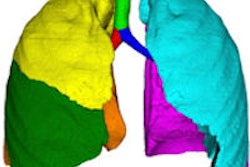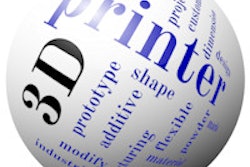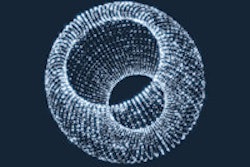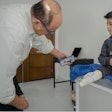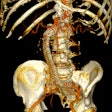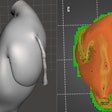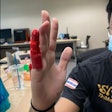Dear AuntMinnieEurope Member,
These are tough times for publishers of scientific journals. Across Europe, savage cuts have been made to library budgets, and individuals find it hard to justify the rising cost of print subscriptions. Getting a decent financial return in today's digital era is a real challenge.
The Maverinck has some strong views on this topic. He's concerned that publishers are not behaving responsibly or rationally, and he urges authors to take control of the process. Click here to read his latest column.
Fascinating forensic findings have resulted from CT studies of the mummies of ancient Egyptian rulers and their families. Egyptologist Dr. Zahi Hawass and Cairo University radiologist Dr. Sahar Saleem have been closely involved in these investigations, and to coincide with their new book, we've looked at recent developments and the latest thinking on scanning the pharaohs. To find out more, go to our AuntMinnie Middle East section, or click here.
MRI is set to become the modality of choice for the initial evaluation of acute stroke, said award-winning researchers who have developed an abbreviated protocol that reduces scan times from 20 to six minutes. Technological advances in MRI promise to transform the management of stroke patients and overcome the limitations of CT in this area. Get the full story in our MRI Community, or by clicking here.
Meanwhile, Italian researchers have looked closely at the impact of a reader's experience on computer-aided detection and CT colonography. Their findings are worth a close look, and you can do so here.
Radiologists spend significantly more time observing mediolateral oblique breast images and right images, according to Irish research using eye-tracking software. This knowledge may be useful to help remove any interpretation differences and as a feedback tool. Visit our Women's Imaging Community, or click here.
